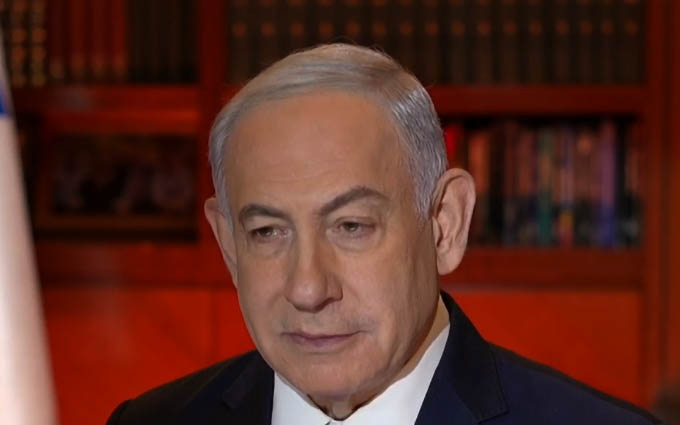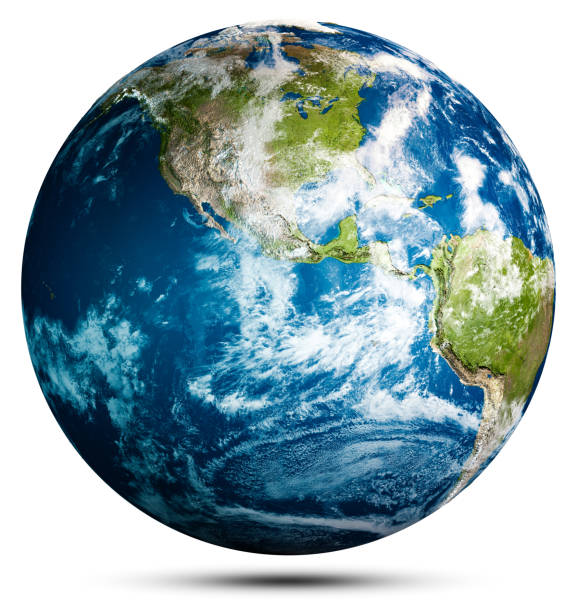Arrest warrant issued for Benjamin Netanyahu for alleged Gaza war crimes

Israel Reacts to ICC Arrest Warrants for Netanyahu and Gallant: War Crimes and Global Impact
In a stunning development, the International Criminal Court (ICC) has issued arrest warrants for Israeli Prime Minister Benjamin Netanyahu and former Defense Minister Yoav Gallant, accusing them of war crimes and crimes against humanity. This ruling, which stems from their roles in the ongoing conflict in Gaza, has caused an uproar in Israel, with political leaders and citizens reacting with fury. The situation has brought the ICC into the spotlight, raising complex questions about Israel’s actions and its international relationships.
ICC’s Arrest Warrants: Allegations Against Israeli Leaders and Hamas
The ICC’s decision has come as a shock to Israeli leadership. The warrants, issued by judges at the Hague, allege that Netanyahu and Gallant are responsible for crimes including murder, persecution, and the use of starvation as a method of warfare during the conflict between Israel and Hamas. In addition to the two Israeli officials, a third warrant has been issued for Hamas military commander Muhammad Deif, accusing him of similar atrocities.
While the ICC’s actions are seen as an important step in holding leaders accountable for war crimes, the response from Israel has been anything but welcoming. Prime Minister Netanyahu swiftly condemned the ruling, calling it a “black day for nations.” He accused the court of anti-Semitism and argued that the arrest warrants were a direct attempt to undermine Israel’s right to defend itself against those who seek to destroy it.
Global Reactions and Political Fallout
The ruling has sparked outrage not only in Israel but also in the international community. Some countries have already indicated they will act on the arrest warrants, while others, including the United Kingdom, have yet to confirm their stance. However, one of the major factors complicating the situation is that the United States, Israel’s most powerful ally, is not a signatory of the ICC and is under no obligation to enforce the warrants.
This ruling has thrust Israel into an unprecedented diplomatic crisis. As Netanyahu and Gallant face potential international arrest, Israel’s allies are forced to navigate the complex political landscape that this legal action has created. The fallout extends beyond Israel’s leadership, with Israel’s conduct in Gaza coming under heavy scrutiny from the international community.
The ICC’s Focus on Gaza: Humanitarian Concerns
One of the key points highlighted by the ICC in their decision was the blockage of humanitarian aid to Gaza. The court found that Israel’s actions in restricting essential supplies, including medicine, have led to widespread suffering. Reports of children undergoing amputations without anesthesia have only added to the urgency of the legal proceedings.
For many Palestinians, the situation in Gaza has become a never-ending cycle of destruction, and the ICC’s decision is unlikely to bring significant changes on the ground. In Israel, however, the issuance of these warrants has further deepened divisions. Some Israelis believe the world is unfairly targeting their country while being too lenient toward Hamas.
A Divided Response: Will the ICC’s Ruling Affect Israel’s Future?
As the diplomatic fallout continues, the question remains: will this ruling lead to lasting change in the conflict, or will it simply be another chapter in the ongoing struggle for control of Gaza? Netanyahu’s response, rejecting the legitimacy of the ICC’s authority, suggests that he has no intention of altering his approach, despite the increasing international pressure.
The crisis has raised important questions about Israel’s position in the global arena. While Netanyahu portrays himself as the protector of Israel’s right to defend its people, his actions may be isolating the country on the world stage, with some fearing that Israel could face the consequences of being branded an international pariah.
Looking Ahead: What Does the Future Hold for Israel and Gaza?
As tensions continue to rise, the world watches closely. The impact of these arrest warrants may not be immediately felt, but they signal a broader shift in how the international community views the Israel-Palestine conflict. The ICC’s ruling may pave the way for more legal challenges, but the real question is whether it will prompt significant changes on the ground or whether it will become just another piece in the larger geopolitical puzzle.
Israel’s leadership and the people of Gaza find themselves at a critical juncture, and the ongoing conflict remains a complex and deeply emotional issue with no easy solutions. What happens next could reshape the future of both regions, with far-reaching implications for global diplomacy and international justice.
This article rephrases the key points from the original script, highlighting the main keyword, “ICC arrest warrants,” to ensure it is optimized for SEO while maintaining the article’s clarity and coherence.

